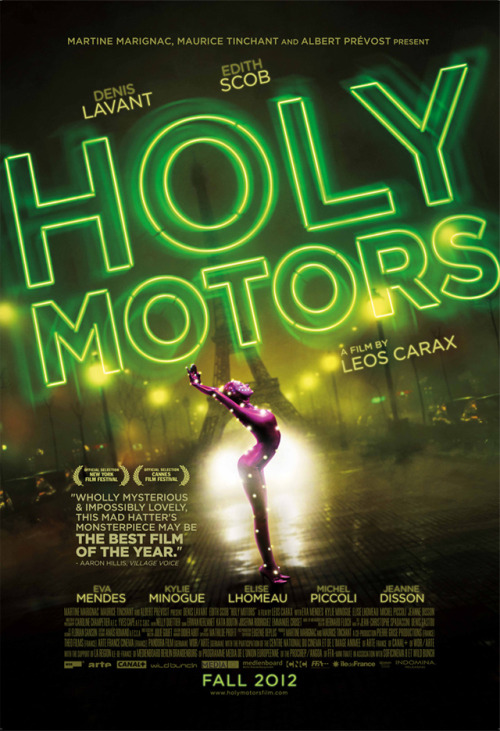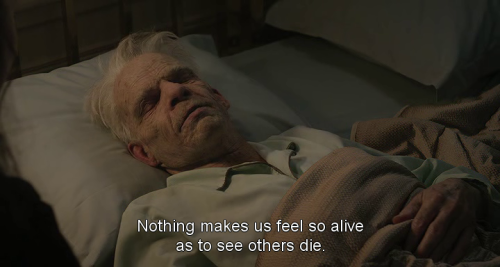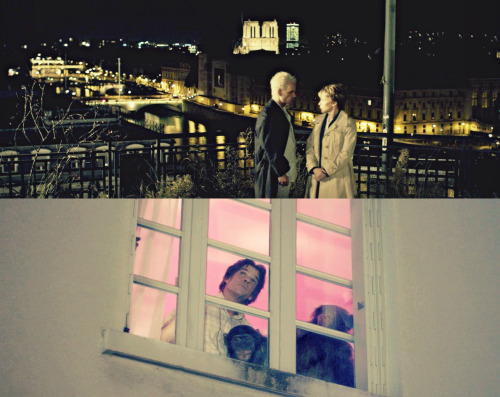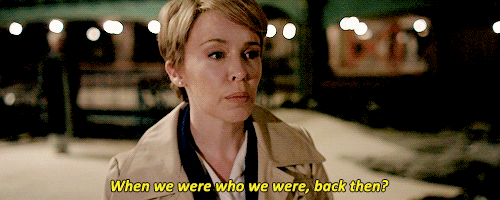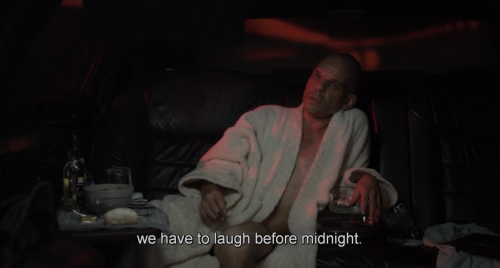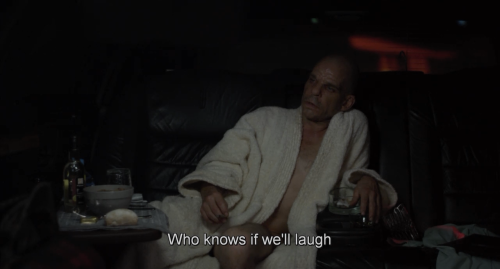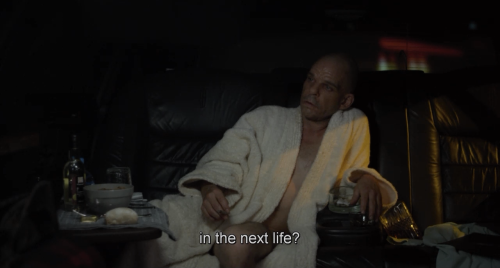“ Empty
hearts. Empty lives. Empty homes. Poor little rich girl.”
Whenever I hear the phrase “money can’t buy happiness” I
role my eyes and think whoever said that must have never had money issues. I
believe money can buy a certain amount of happiness. If I had money of any kind
besides the bare minimum wage I am making now I would be so stinking happy and
have some of my bills paid off (college loans and credit cards are a nightmare).
Then there are films with some kind of messages about how some people have all
the money in the world and are not happy in the slightest. Those are depressing
to some degree. The most depressing of its kind that I have seen so far has
been the silent film Poor Little Rich
Girl.
A little girl named Gwen (Mary Pickford) lives in a
luxurious house with her parents. She has been given everything a little girl
could possibly want in life. Despite all she has been given Gwen is not happy.
Her mother and father brush her off for money and social acceptance. The
servants in the house push her around and make her feel ungrateful and
insignificant. The one thing in the world Gwen longs for the most is friends.
She is so lonesome in the big house by herself all day.
At ten in the morning everyday she is brought
into her own schoolroom in the house for private lessons. Gwen tells the
teacher for her birthday she would like to go to public school. Right after
lessons at four in the evening she goes for a car ride. Gwen does not like
going for the ride she wants to walk to where they are going. The maid tries to
scare her by saying if she does not go in the car she could be kidnapped or
eaten by large dogs.
In
her room, Gwen hears all the kids playing outside with an organ grinder. She
has a boy and the organ grinder come into the house to play with her. A plumber
is at the house. The plumber comes into the living room when he hears the music
and he dances and plays along with everyone. Gwen’s fun is broken up when two
servants hear the racket and her mother comes home with a friend. Gwen explains
to her mother that she invited everyone in because she was lonely. The mother’s
friend gets the idea to bring her daughter Susie-May over the following day.
Gwen is beyond thrilled to have a friend come over but Susie-May turns out to
be mean and no fun. Gwen pretends she is a bear and scares Susie-May. The other
girl pinches her own arm and then runs to her mother crying that Gwen bit her.
To get back at the lousy girl Gwen puts a plate of food under Susie-May making
her sit on it. Gwen’s mother tells one of the servants to give Susie-May one of
her daughter’s best dresses. Gwen does not want to give the nasty girl any of
her best dresses so she throws some out the window and all over the floor of
her room.
As punishment for throwing her clothes away, Gwen’s
father forces her to wear a boy’s outfit. Gwen takes a long look in the mirror.
She likes the way she looks in a boy’s outfit and likes it even more when she
tucks her hair under a hat. Some boys from the neighborhood come into the
backyard to get their baseball. Gwen, still dressed as a boy, goes down into
the garden where the real boys are looking for their baseball. She goes up to
them and before anyone knows it a fight breaks out. Gwen starts throwing mud at
the boys. The fight is unfortunately broken up. Gwen is upset because she was
having such a good time.
One night, Gwen hears a newspaper boy announce that the
stock market has crashed. She knows her father deals with money and goes down
to his office to talk to him. She sees him and asks him to just talk to her
that is all she wants she is so lonely. Before her father can say anything a
servant drags her out of the office and upstairs to bed. The father comes out
of the office and watches his daughter being brought up the stairs. Gwen turns
around and says she loves him.
The parents hold a birthday party for Gwen. This party,
unfortunately, is just a social gathering for the parents and their friends.
Gwen is forced to go up to bed and be by herself with no friends. The maid and
the butler want Gwen to go to sleep quickly they have plans to go to the
theater so they give her some sleeping medicine. They wind up giving her too
much. In a drowsy stupor Gwen leaves her bed and manages to get to the stairs
only to fall. The plumber is back at the house and he hears Gwen fall. He
carries Gwen to her bed.
From the medicine Gwen dreams a world where she is able
to be a child and have fun. She dreams she is being led to a place with other
lonely children. Her parents are sitting with her in her bed as she dreams
these heavy dreams. Gwen calls out for her father after someone tells her in
the dream that she will never forgive her parents if they do not stop worrying
about money and society.
At one point in her dreams Gwen is lured by Death to an
eternal sleep where she can always be happy and have children to play with. Gwen
does not listen to Death’s call and in the morning she is fully recovered. Her
parents finally learn and see that their daughter is the most important thing
in their lives after almost losing her.
I really enjoyed Poor
Little Rich Girl. Mary Pickford was wonderful she was completely adorable
and on top of her game with her acting. You can see why audiences enjoyed her
so much she had and added so much energy and life to her characters. The story
was cute and sad at the same time. I felt so bad for this girl who was given
everything in life yet she was so lonely and only wanted some attention and
love and someone to be her friend. It was depressing to a point because Gwen
was a little girl who was left alone and unloved. Yet at the same time she was
nice and friendly and innocent. Poor
Little Rich Girl is now one of my favorite silent films I have watched. I highly
suggest seeing it.
I think I liked the film a lot more
because it was filmed in Fort Lee, NJ. Mary Pickford made the film for Artcraft
Pictures, one of several film studios in Fort Lee in the early
nineteen-hundreds along with Universal, Fox, Metro, Biograph, IMP, and Solax. I
am currently completing my college internship at the Fort Lee Museum. I am
handling all of the objects pertaining to the film collection the museum owns.
Not too long ago I held an actual autographed picture of Mary Pickford in my
hands and it was awesome! Fort Lee has a great legacy and story with the film
industry. If you are interested please visit the Fort Lee Film Commissionwebsite and come visit the Fort Lee Museum which is open on Saturdays and
Sundays from 12 PM to 5 PM. Right now there is an exhibit on the Barrymore
family who lived in the neighboring Fort Lee town of Coytesville.
